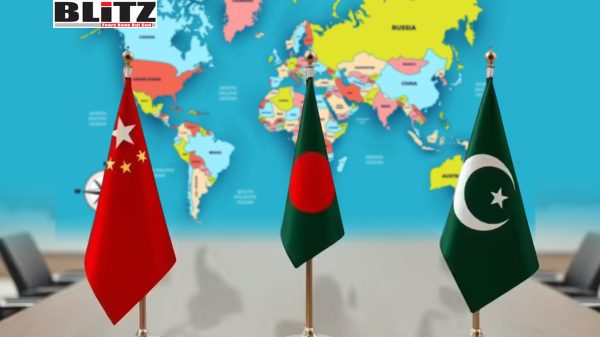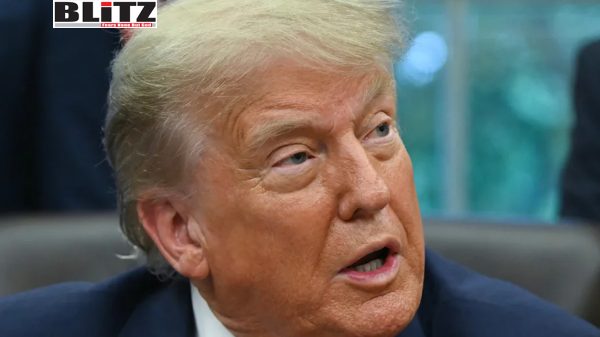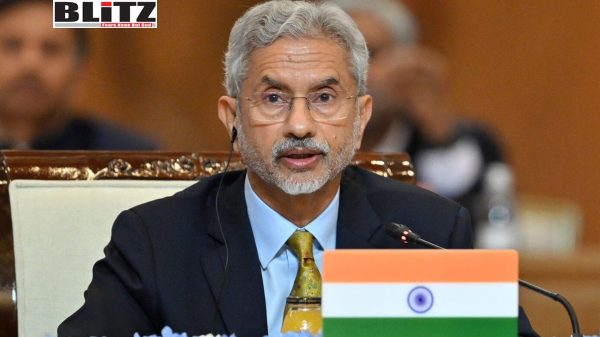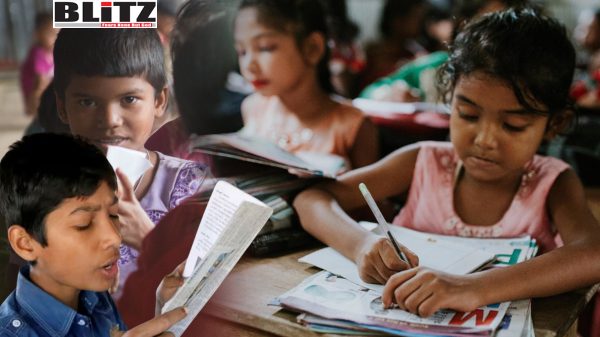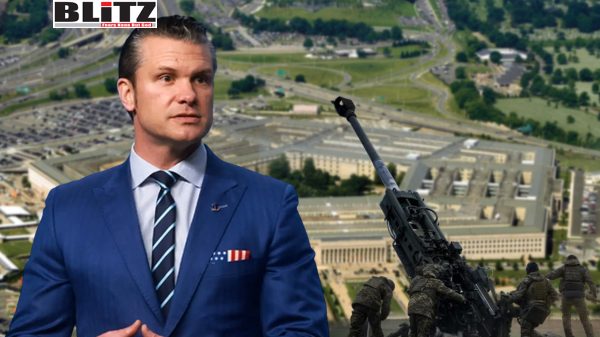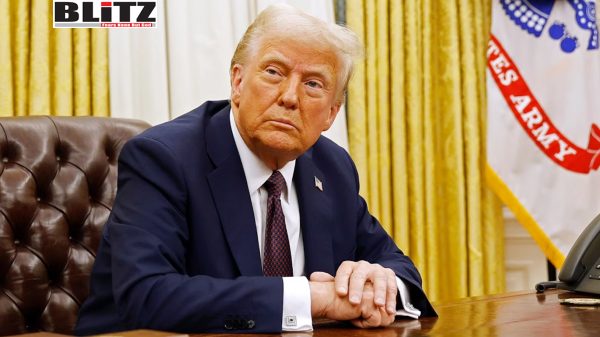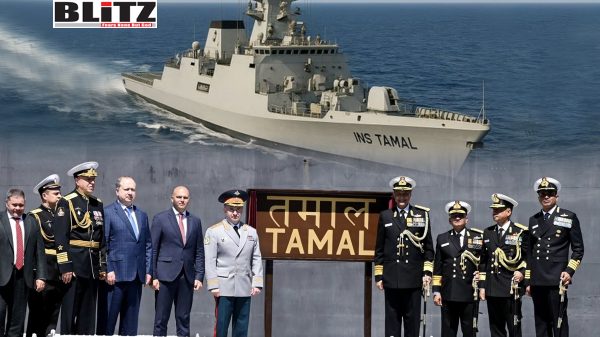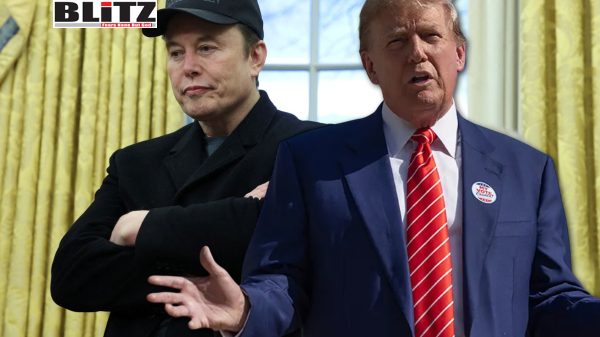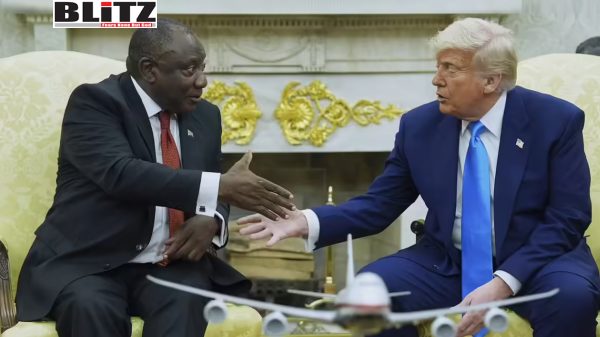US steps up fight against terror financing
- Update Time : Tuesday, September 19, 2023

The United States has escalated its efforts to combat terrorist financing, with the recent action by the US Treasury Department targeting a family network comprising seven individuals and multiple businesses linked to Lebanon and South America. Among those individuals sanctioned was Amer Mohammed Akil Rada, a Lebanese man suspected of involvement in two deadly attacks in Argentina during the 1990s.
This decisive move underscores the unwavering commitment of the US government in pursuing Hezbollah operatives and their financiers, irrespective of their global locations. Brian Nelson, the Treasury Department’s undersecretary for terrorism and financial intelligence, emphasized this commitment in a statement issued following the announcement.
Authorities have identified Rada as a key operative behind the devastating attack on the Argentine-Israelite Mutual Association in Buenos Aires in 1994, resulting in the tragic loss of 85 lives and numerous injuries. Another attack on the Israeli Embassy in Argentina in 1992 claimed the lives of 29 individuals. According to the Treasury Department, Rada spent over a decade in South America before relocating to Lebanon, where he operated a charcoal business that regularly exported goods from Colombia to Lebanon. Shockingly, he channeled a significant portion, specifically “80 percent of the proceeds of his commercial enterprise”, to benefit Hezbollah.
The sanctions also targeted Rada’s brother, Samer, who faces allegations of involvement in various drug trafficking and money laundering operations across Latin America. He had previously been based in Belize but fled due to a drug-related case. Samer was part of a smuggling operation that attempted to transport a staggering 500 kg of cocaine, valued at US$15 million, concealed within fruit shipments that were seized in El Salvador.
The US decision was not merely an isolated action but a testament to the nation’s determination to counteract Hezbollah’s global reach and dismantle its financial network. The militant group, backed by Iran, has a long history of financing terrorism and engaging in illicit activities worldwide.
Targeting individuals and entities involved in supporting terrorism sends a powerful message that the United States will not tolerate those who seek to harm innocent civilians or undermine global security to operate with impunity.
When discussing Hezbollah’s terrorist activities and funding sources, it is impossible to overlook the significant role played by Iran. The intertwined connections between these two entities have long raised concerns for global security. In 2020, the US State Department estimated that the Islamic Revolutionary Guard Corps (IRGC), a powerful branch of the Iranian military, provided an annual assistance package of approximately US$700 million to Hezbollah and its leader, Hassan Nasrallah. This financial support has enabled Hezbollah to sustain its operations, expand its influence, and pursue its agenda of violence and instability in Lebanon and the broader Middle East.
The decision by the Trump administration in 2019 to label the IRGC as a terrorist organization underscored the gravity of the situation. It recognized the IRGC’s involvement in supporting various terrorist groups, including Hezbollah, and the need to hold it accountable for its actions.
Additionally, the IRGC’s influence extends beyond financial support. The group has been funding and arming various factions and militias in the region, some of which have used roadside bombs and missile barrages against US forces stationed in the Middle East. Since President Joe Biden assumed office, there have been nearly 100 reported attacks against American troops in the region, either directly orchestrated by Iran or carried out by its proxy militias.
These attacks highlight the complex and evolving dynamics in the Middle East, where long-standing regional tensions intersect with the global struggle against terrorism. Iran’s actions, including its support of Hezbollah, have contributed to a volatile environment where diplomatic efforts to de-escalate and stabilize the region face significant challenges.
Addressing this multifaceted issue requires a comprehensive and strategic approach. It demands continued vigilance in countering Iran’s support for terrorist organizations like Hezbollah while also engaging in diplomatic initiatives to reduce tensions and promote regional stability.
What steps has the Biden administration taken? It engaged in negotiations with Tehran, allowing for the release of five detained Americans in exchange for the unfreezing of US$6 billion of Iranian assets. It is not possible to accurately predict the percentage of unfrozen Iranian assets that might go to Hezbollah or other militia groups in the region, nor can one estimate how much of these funds could potentially be used for terrorist activities against the US or its allies in the region, especially Israel.
The concern over the potential diversion of funds to groups with hostile intent is valid. It underscores the importance of robust monitoring and verification mechanisms in any agreements involving unfreezing Iranian assets. International oversight and accountability are critical factors in ensuring the released funds are used for legitimate, nonthreatening purposes.
While the sanctions against Hezbollah’s financiers are undoubtedly a significant step in the right direction, the fight against terrorism financing remains an ongoing battle. To be truly effective, international cooperation is essential, as Hezbollah’s network spans multiple countries and regions. It is a reminder that the fight against terrorism is a shared responsibility that requires collective global action.


